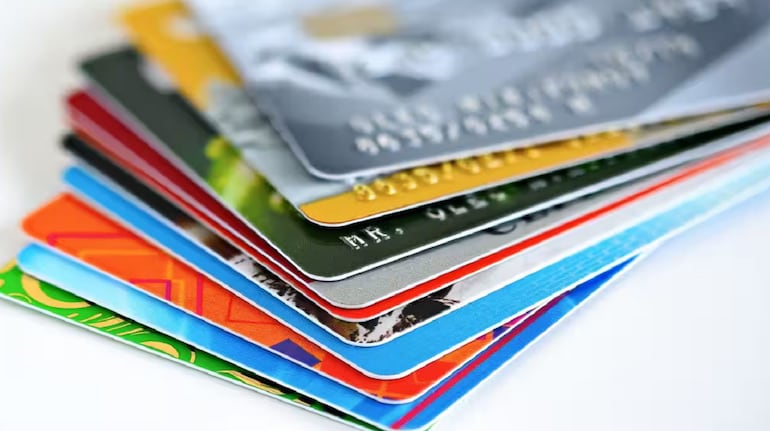



Cashback cards are ideal for straightforward savings on everyday purchases like groceries and bills, offering immediate benefits without complexity. Your choice depends on your spending habits and preference for simplicity or premium rewards.
Choosing between a cashback or reward credit card depends on your spending habits, financial goals, and how you want to maximize the benefits. Both types of cards offer unique perks, but they cater to different preferences.
Here's a detailed guide to help you decide which is right for you:
What are cashback credit cards?
Cashback credit cards allow you to earn a percentage of your spending back as cash. The cashback is typically applied to your account as a statement credit, direct deposit, or check.
Best for: Those who prefer simplicity and want immediate financial benefits.
Example: A 2% cashback card gives ₹2 for every ₹100 spent.
Benefits of cashback credit cards
Straightforward rewards: No complicated point systems; you get a clear percentage back.
Versatility: Cashback can be used for anything, including paying off your balance.
Ideal for everyday expenses: Great for groceries, utility bills, and fuel.
Drawbacks of cashback credit cards
Lower earning potential: Cashback rates may be lower compared to reward points in specialized categories.
Limited bonuses: Cashback cards often lack premium perks like travel benefits.
What are reward credit cards?
Reward credit cards offer points, miles, or other rewards for every rupee spent. These points can be redeemed for travel, shopping, dining, or other experiences.
Best for: Those who enjoy maximizing perks and are willing to plan their redemptions strategically.
Example: Earn 1 point per ₹100 spent, with each point redeemable for ₹0.50 in travel benefits.
Benefits of reward credit cards
Flexible redemption options: Points can be used for travel, shopping, gift cards, or exclusive experiences.
Higher potential value: Reward points often have higher value when redeemed for travel or premium rewards.
Premium perks: Many cards offer lounge access, travel insurance, or concierge services.
Drawbacks of reward credit cards
Complex systems: Understanding redemption rules and point values can be tricky.
Expiring points: Some reward programs have expiry dates for points if not redeemed in time.
Category-specific benefits: Higher points may only be earned in select categories, limiting flexibility.
How to choose the right card for you
1. Evaluate your spending habits
Everyday purchases: A cashback card may suit you if you spend more on groceries, fuel, and bills.
Frequent traveller: A reward card with travel benefits could be more valuable if you fly often or stay in hotels.
2. Consider the ease of redemption
If you prefer simplicity and don’t want to navigate complex rewards systems, a cashback card is ideal.
If you enjoy optimizing rewards for maximum value, a reward card offers greater flexibility.
3. Check annual fees
Cashback cards often have lower or no annual fees, making them cost-effective for moderate spenders.
Reward cards may have higher fees but offer premium perks that justify the cost for frequent users.
4. Look at additional perks
Cashback cards focus on direct savings.
Reward cards often include travel perks, insurance, and access to exclusive events.
Cashback cards are great for those who prefer straightforward savings on everyday purchases, while reward cards appeal to those who enjoy travel and premium perks. The best choice depends on your spending patterns and how much effort you're willing to put into managing rewards. Evaluate your lifestyle and financial goals to choose the card that offers the maximum value for you.
Discover the latest Business News, Sensex, and Nifty updates. Obtain Personal Finance insights, tax queries, and expert opinions on Moneycontrol or download the Moneycontrol App to stay updated!
Find the best of Al News in one place, specially curated for you every weekend.
Stay on top of the latest tech trends and biggest startup news.